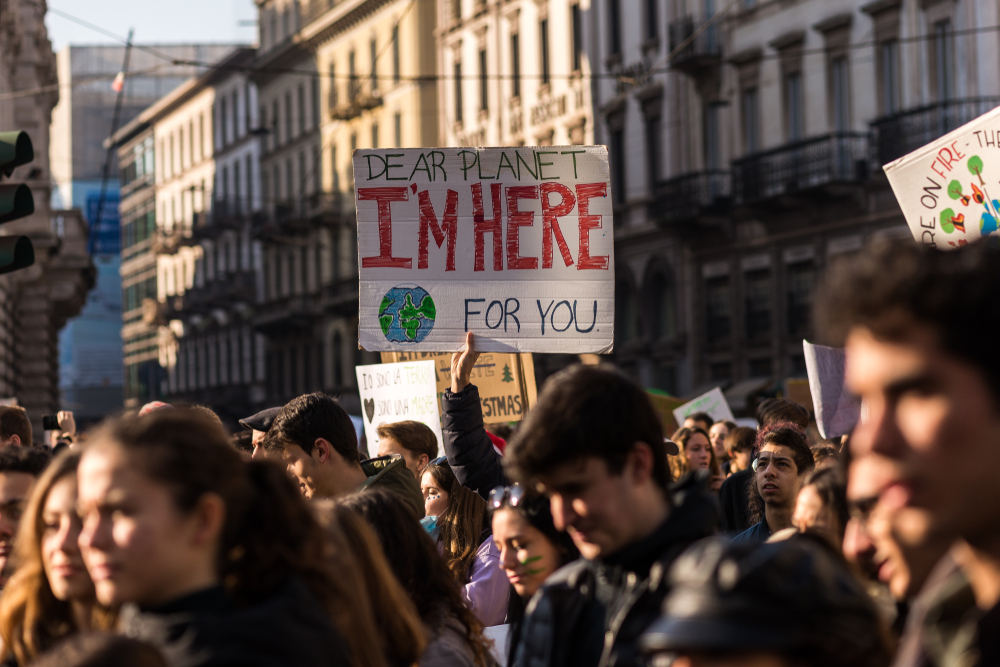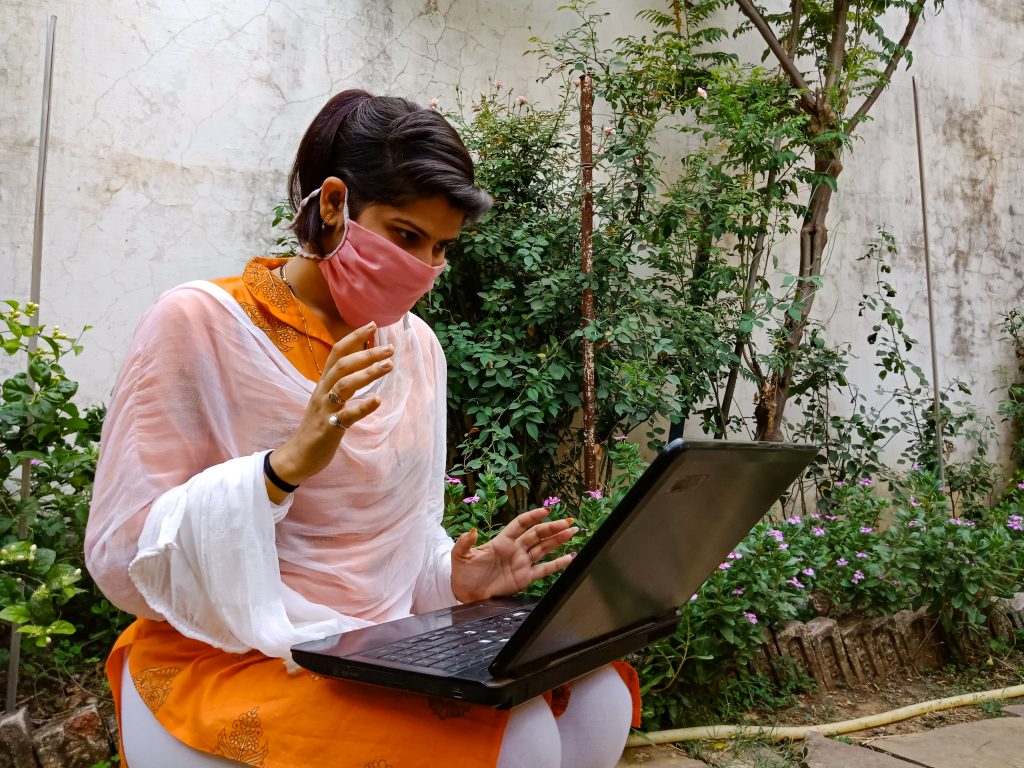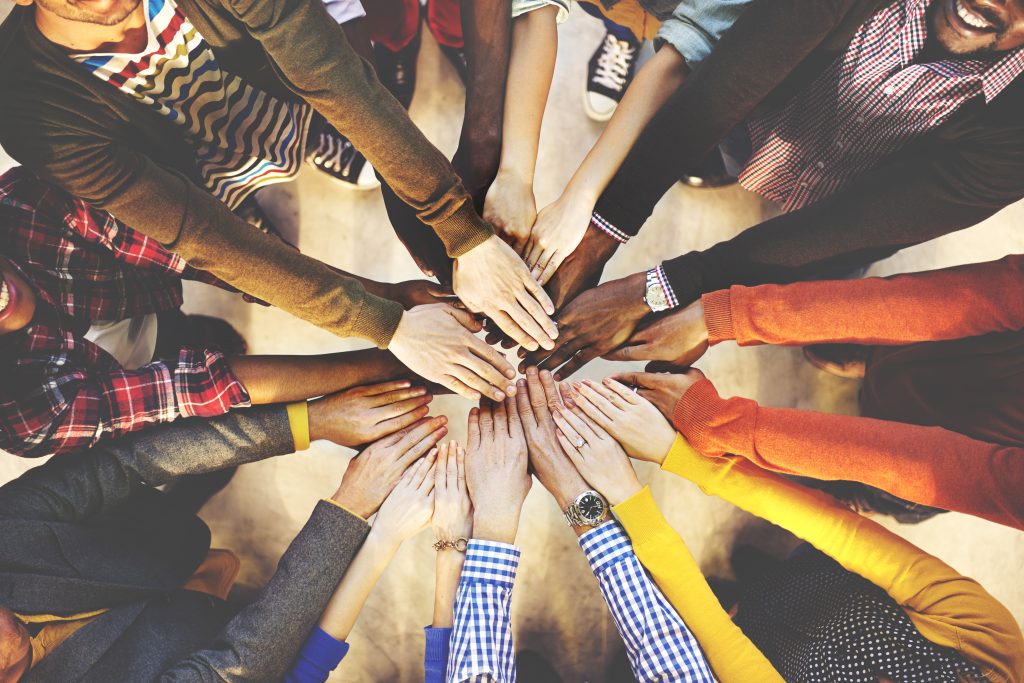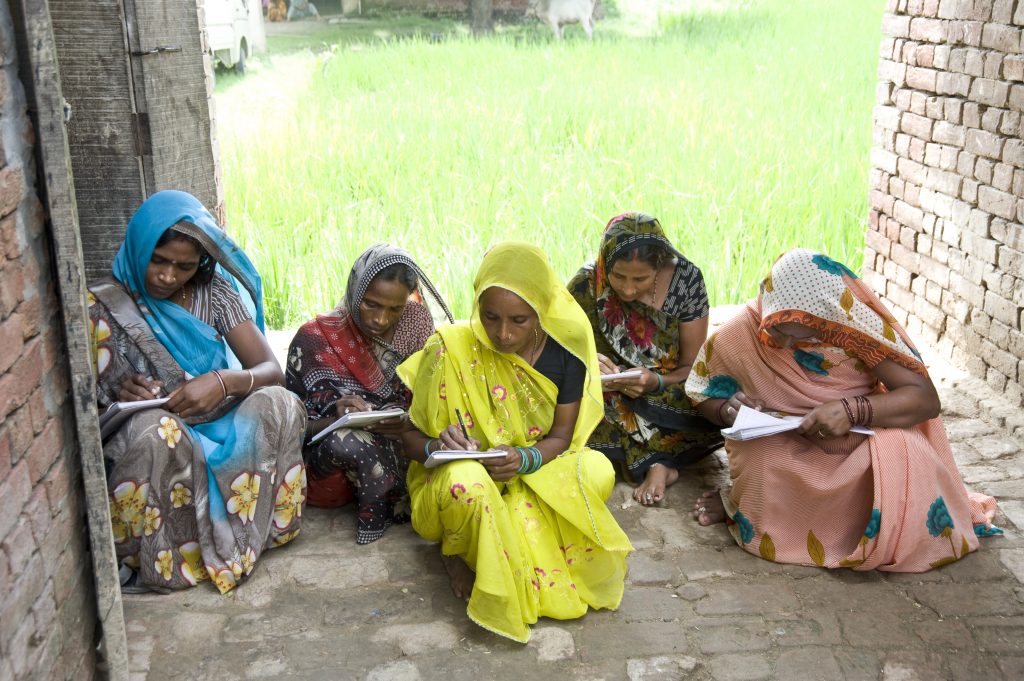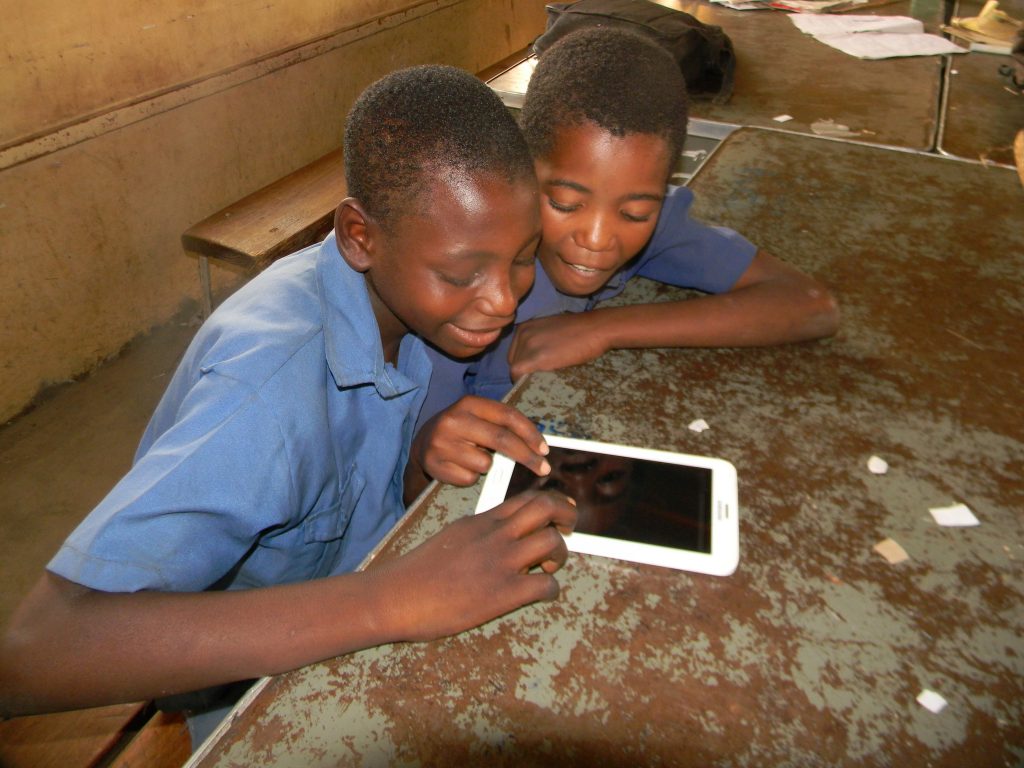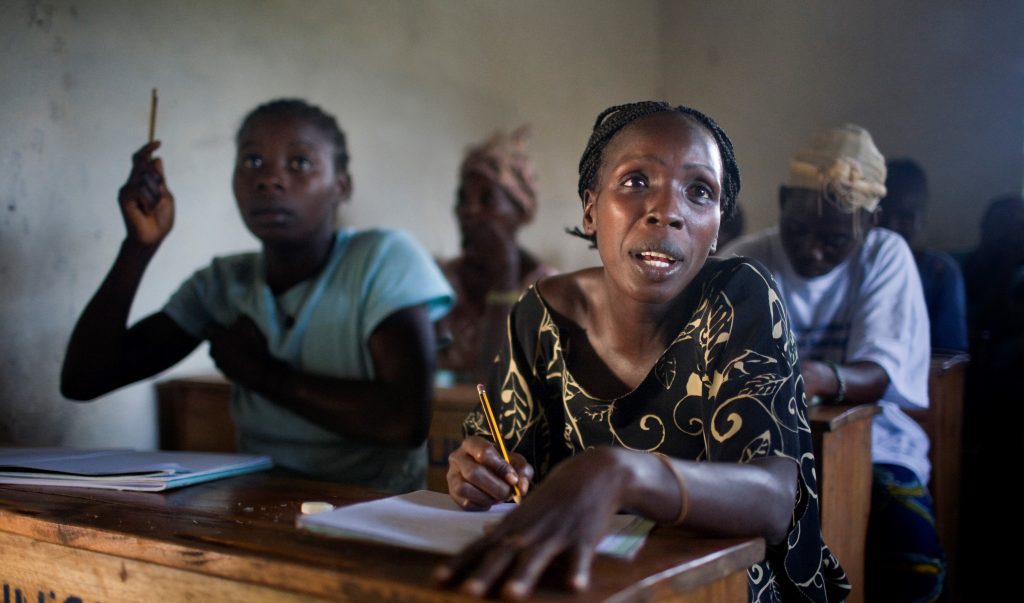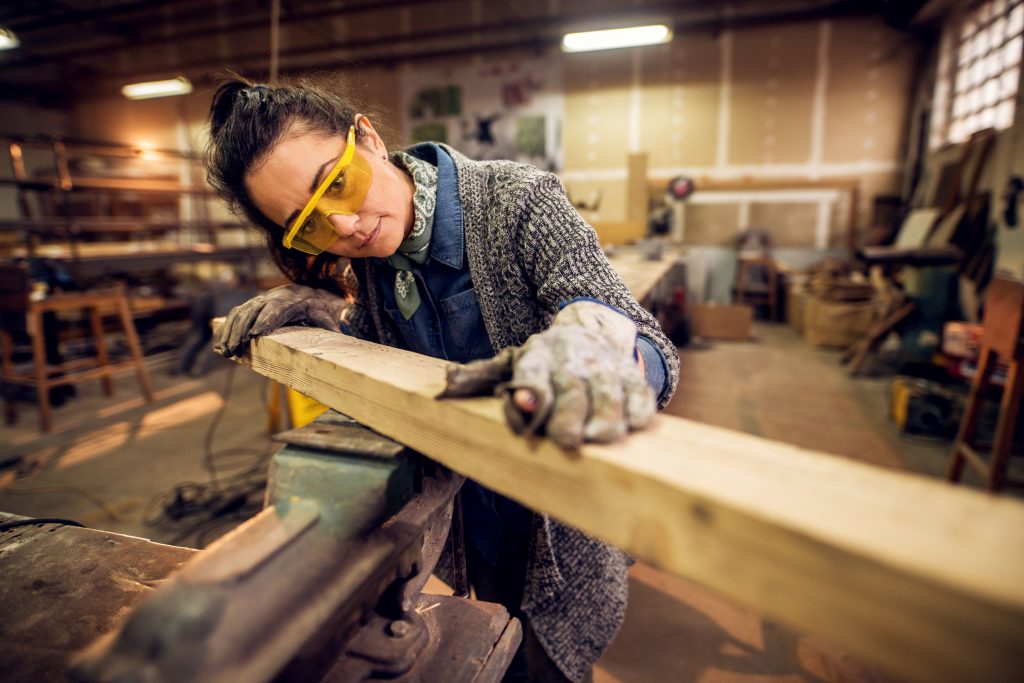Adult education has a critical role to play in combatting climate change, not only in supporting changes in behaviour but also, and much more crucially, in giving people the means to challenge, change and galvanize political will, argues Paul Stanistreet
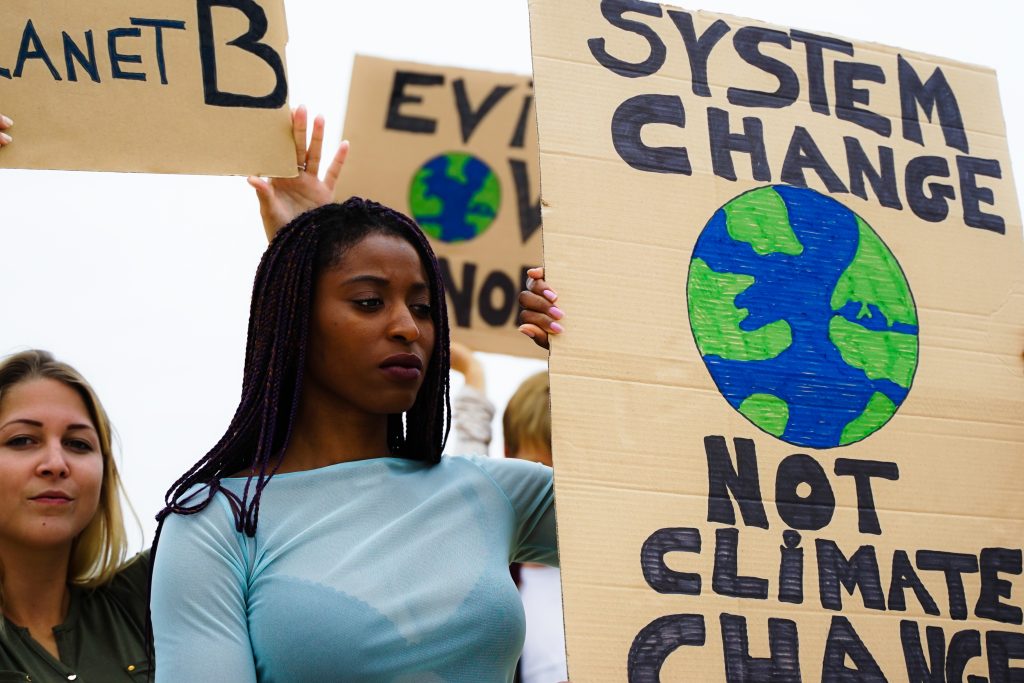
You know that moment in a disaster movie when a TV anchor conveys the terrible news that the world is facing a catastrophic threat and hope is all but lost. Well, it happened yesterday for real. The funny thing is, hardly anyone noticed.
4 April 2022 may go down as one of the darkest days in the late history of humanity, a marker not only of our inhuman treatment of one another, the harrowing cruelty of war, but also of our failure to act on climate change, despite a mountain of evidence and the starkest warnings yet from climate scientists that we are passing the point of no return when it comes to staving off its worst effects. Continue reading

